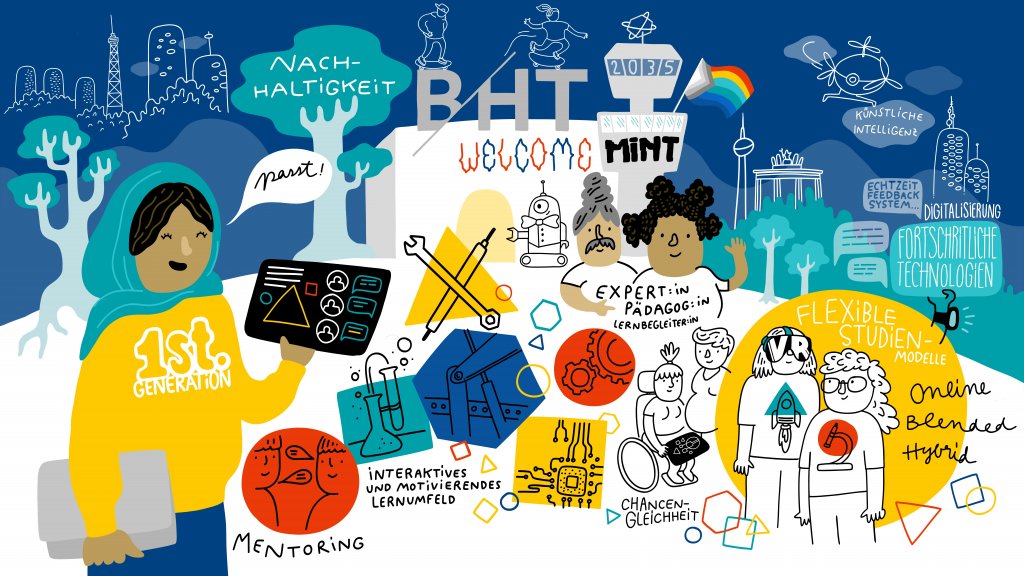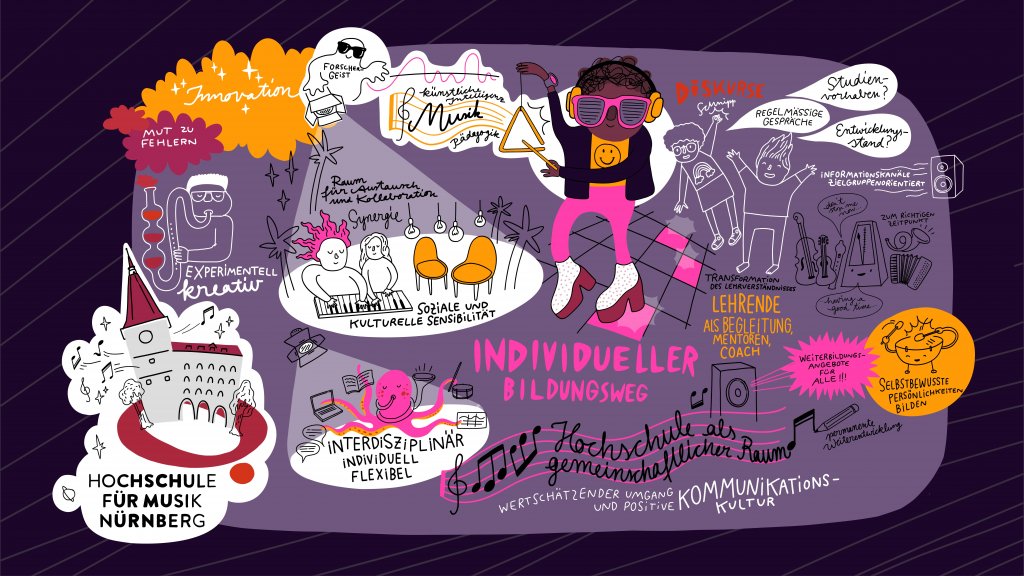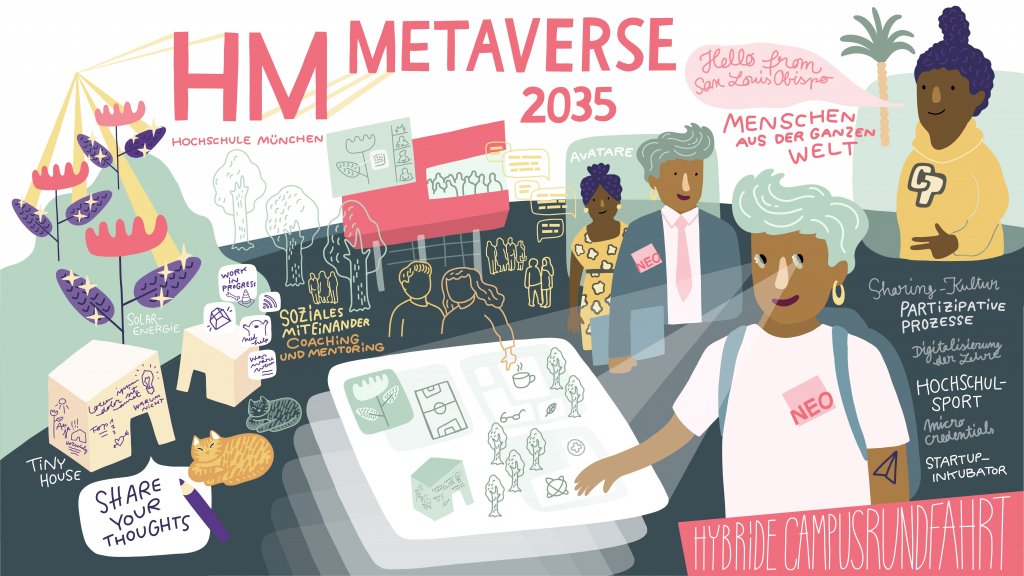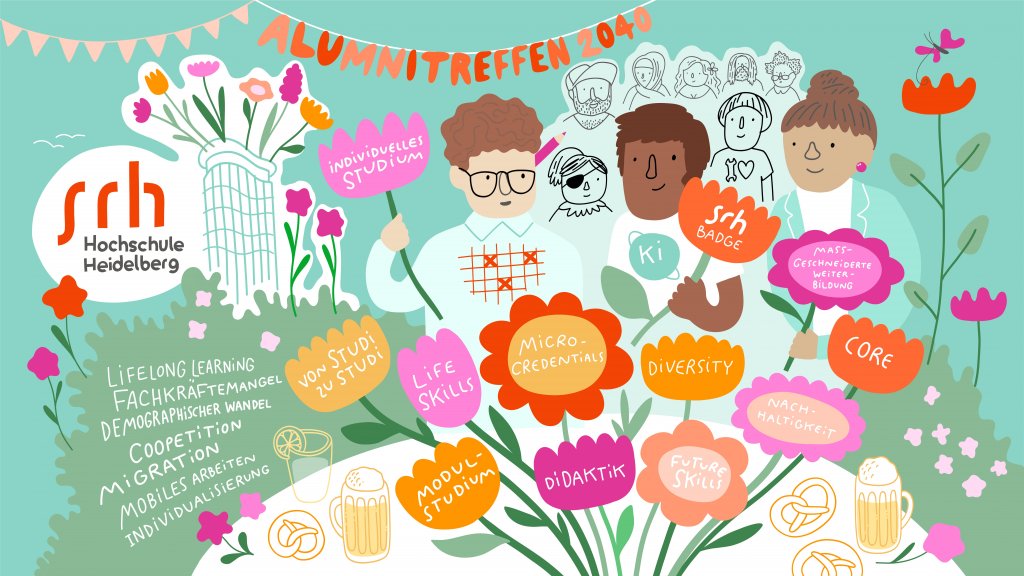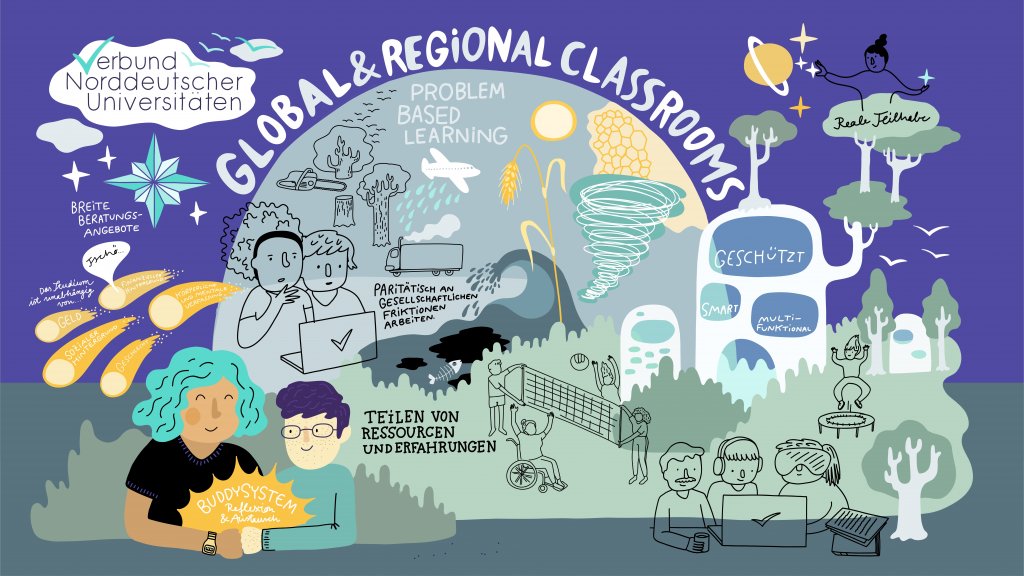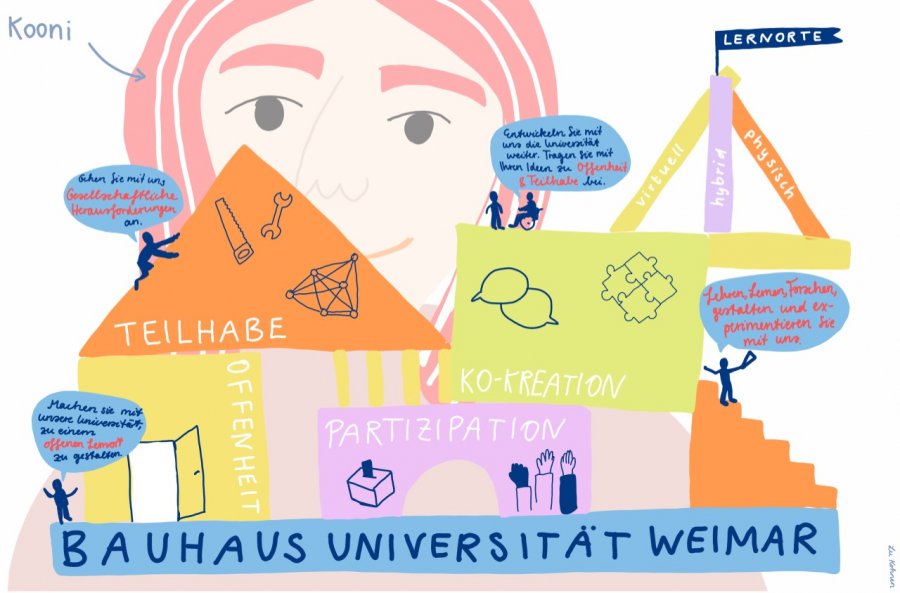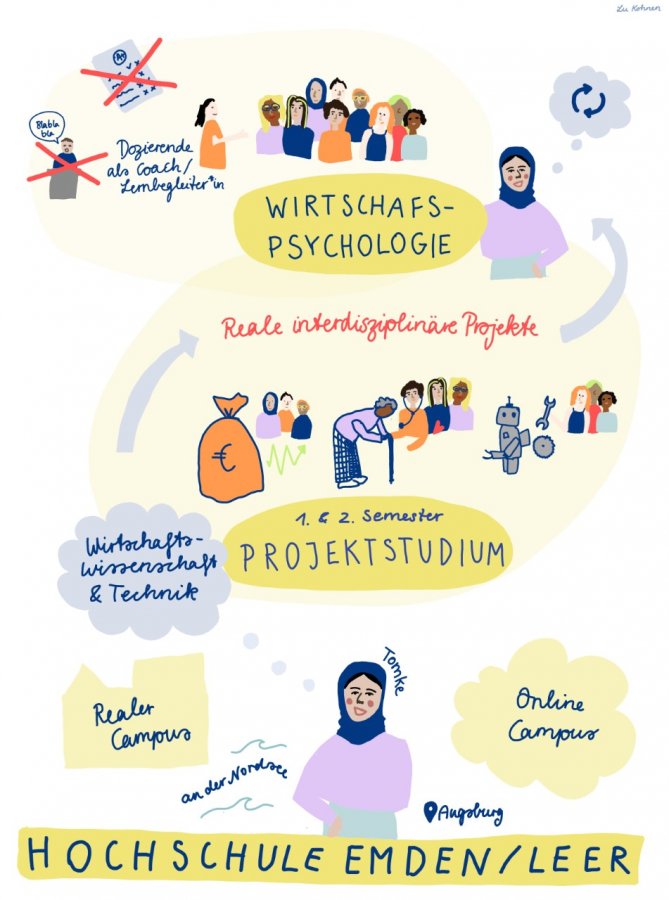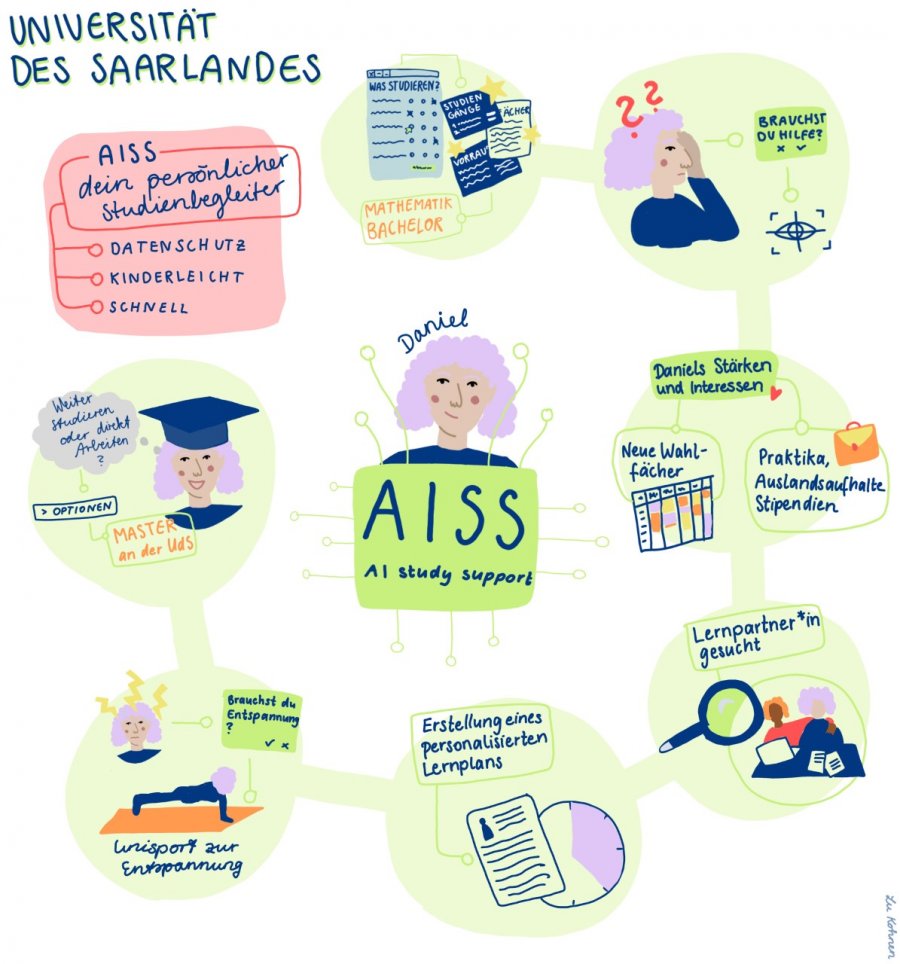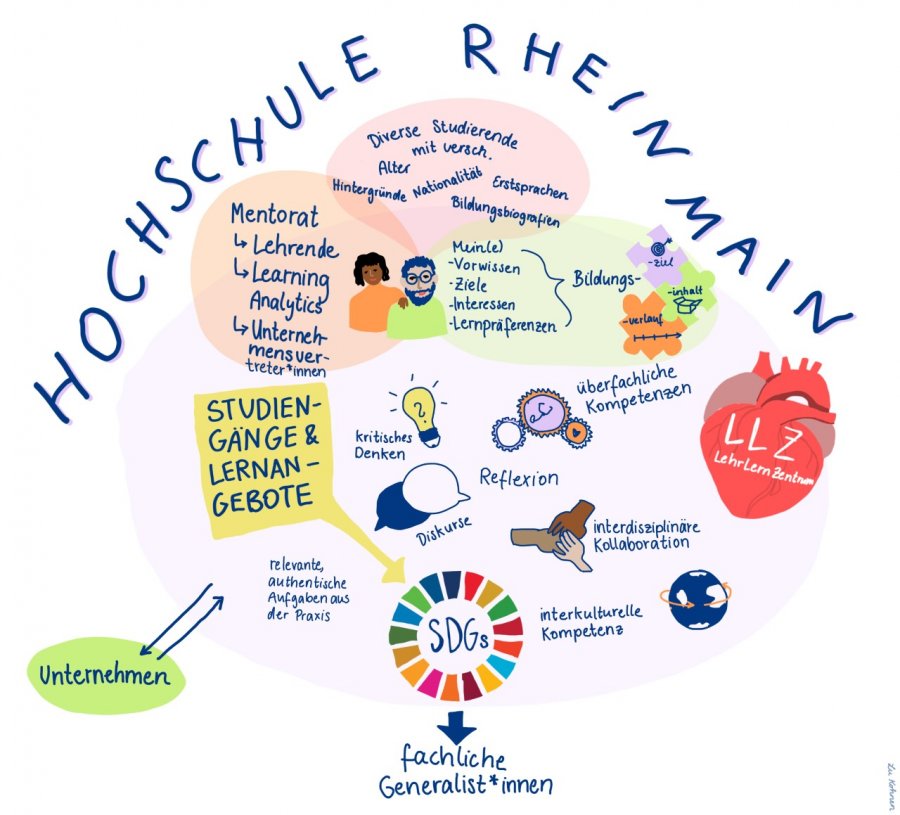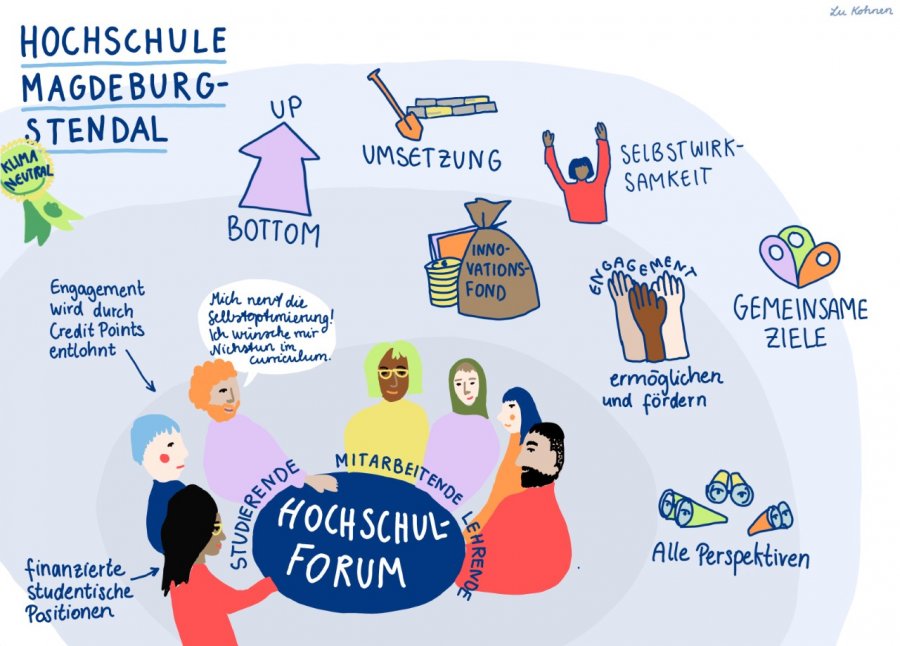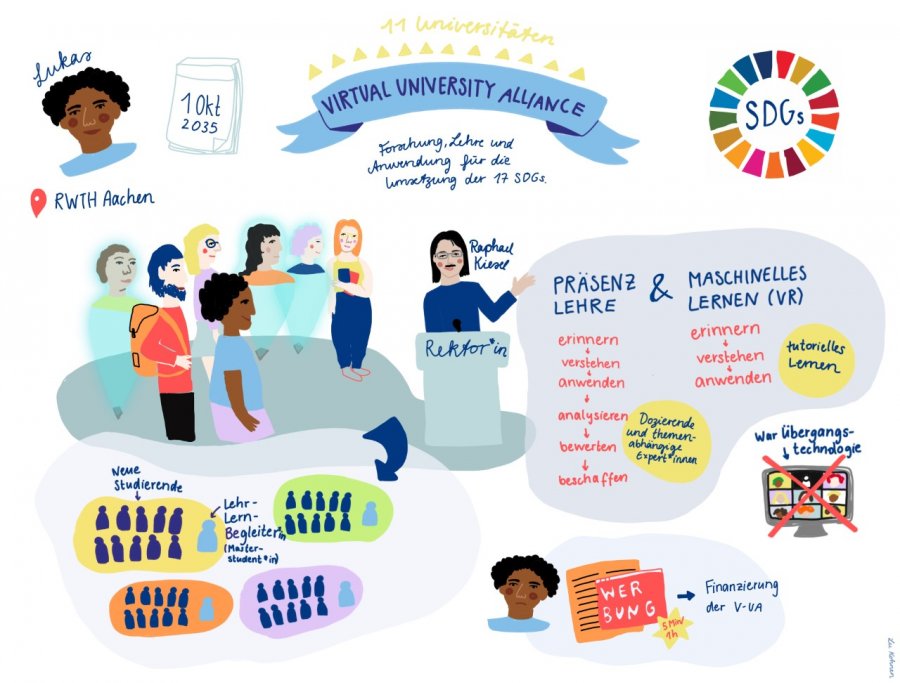HFDvisions
With HFDvisions, the Hochschulforum Digitalisierung and members of the student DigitalChangeMaker initiative support university teams across status groups in developing future scenarios for their own universities. In a creative collaboration process, an exchange with peers from other universities and with the help of futuring methods will enable a productive discussion of desirable futures for higher education. The aim is to help drive digital transformation processes forward in a vision-driven manner and to shape them proactively.
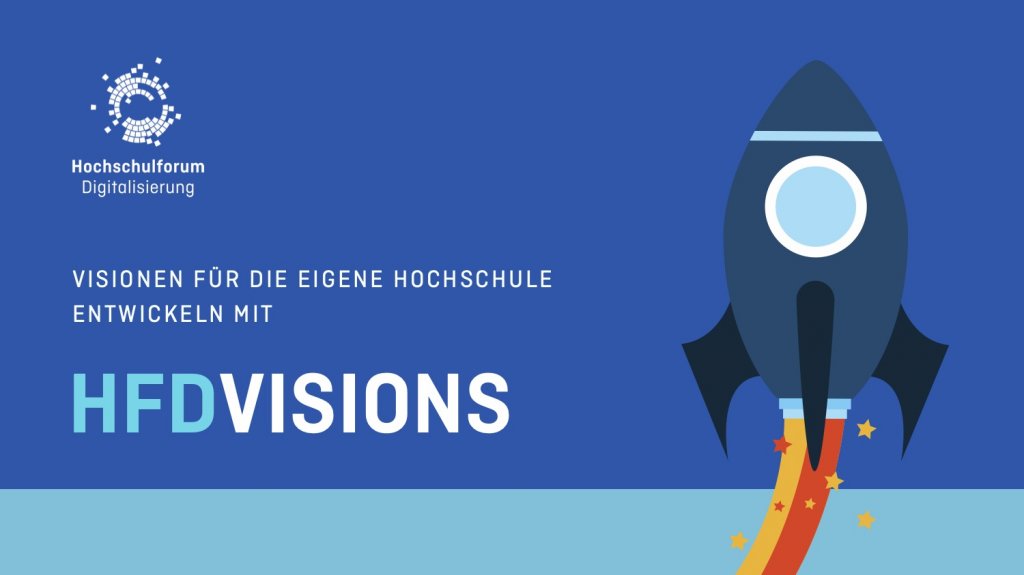
Futures can be shaped! To better understand what developments and changes higher education institutions want to strive for, participatory engagement with desirable futures is needed. Through a moderated process in the sense of Future Thinking, we focus with HFDvisions on what is possible instead of what is (purely) feasible. As part of a cross-status group collaboration, design Vision Teams (representatives of university management, students, and university staff) bold, desirable visions and actions to approach them together.
The core phases of the program include
-
a joint, face-to-face kick-off to get to know each other,
-
A prototyping phase that includes joint digital workshops, remote work phases in the vision teams, and sparring sessions with other university teams in tandem constellations to develop future scenarios while testing futuring methods.
-
In a backcasting phase, concrete steps are formulated to approach the designed future scenarios.
The Hochschulforum moderates together with members of the student DigitalChangeMaker initiative the Vision Development Process and accompanies concrete implementation steps as required. On the one hand it creates Visibility for the future images and on the other hand inter-university exchange spaces for the actors involved. In an open Community of Practice “Futuring: Participatory Vision Work” in the Mattermost workspace of the Hochschulforum Digitalisierung, it also brings together people who (want to) drive forward futuring work at their universities.
Participating universities of the second cohort 2022/23
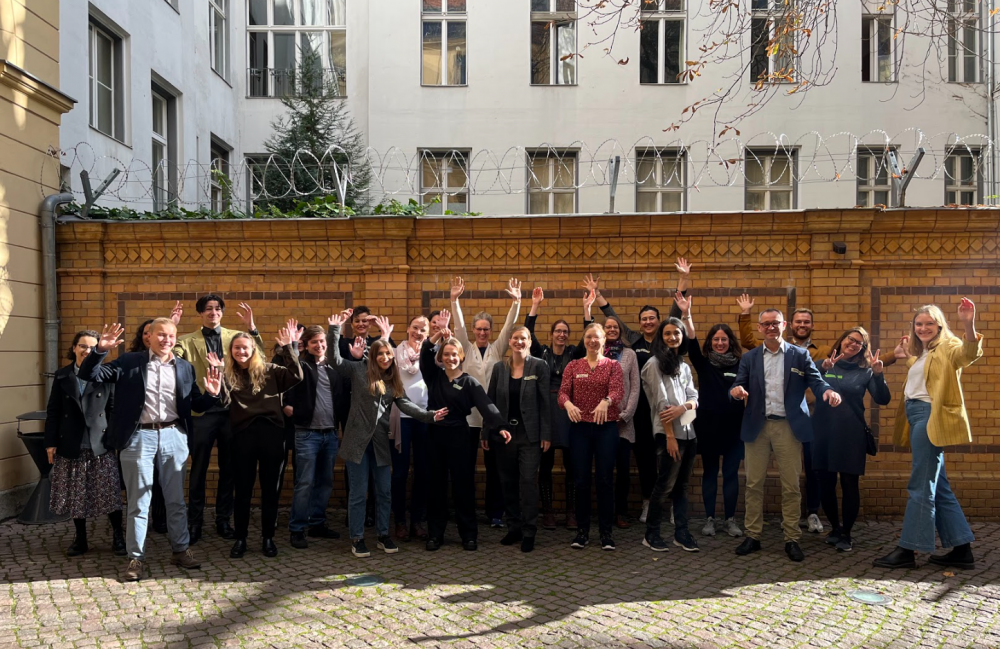
- Berlin University of Applied Sciences
- University of Music Nuremberg
- Hochschule München University of Applied Sciences
- SRH University Heidelberg
- Association of North German Universities (union of the universities of Greifswald, Rostock, Kiel, Hamburg, Lübeck, Bremen, Lüneburg, Oldenburg and Groningen)
Images of the future of the second cohort
From October 2022 to March 2023, the higher education teams in the second HFDvision cohort used a co-creative process to design Desirable future scenarios for their universities. In the course of the future work, the teams also developed associated Transformation Stories – “Stories” of their university that take place in the year 2035 and incorporate the perspective of students.
Susanne Asheuer has visualized the transformation stories of the second cohort to make key aspects of the desirable futures even more tangible. With the help of the visualizations, it has already been possible to hold a discussion at the universities. Now we would like to share the images with all interested parties to provide insights into the visions and offer inspiration for a future-oriented exchange.
At the University:Future Festival 2023, the second cohort university teams presented their visions of the future.
Also presented at U:FF 23 was the Virtual Reality Future Exhibition on the theme “What Does a Desirable World of Higher Education Look Like in 2035?” which featured the future images of the first and second cohorts from the HFDvisions program. The future exhibition can also be viewed without VR glasses in the browser via this link.
Participating universities in the 2022 pilot cohort.
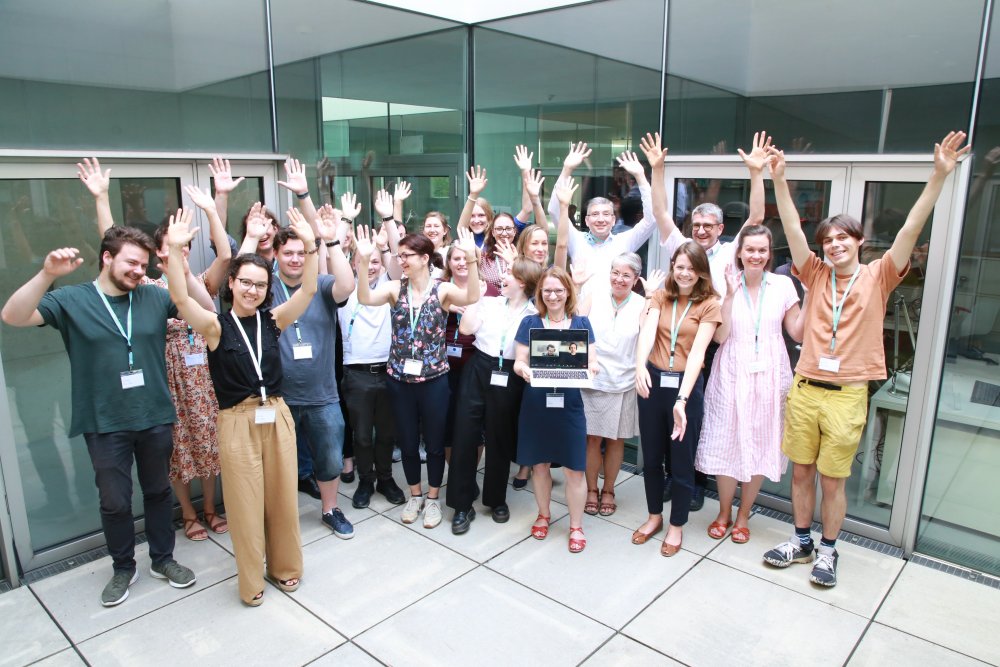
- Bauhaus University Weimar
- Emden/Leer University of Applied Sciences
- Magdeburg-Stendal University
- Hochschule RheinMain
- RWTH Aachen
- Saarland University
Future images of the pilot cohort
From June to October 2022, the university teams in the HFDvision pilot cohort used a co-creative process to design desirable future scenarios for their universities. As they worked toward the future, the teams also developed associated transformation stories – “stories” of their university that take place in 2035 and draw on students’ perspectives.
Luisa Kohnen visualized the pilot cohort’s transformation stories to make key aspects of the desirable futures even more tangible. With the help of the visualizations, it has already been possible to hold a discussion at the universities. Now we would like to share the images with all interested parties in order to provide insights into the images of the future and to offer inspiration for a future-oriented exchange.
Feel free to contact us if you have any questions or suggestions about the universities’ visions for the future or would like to engage in an exchange with the vision teams.
Program sequence
Core phases
- Kick-off: As much as possible, our kick-off workshop will take place in presence with the entire cohort. The focus is on getting to know each other and agreeing on the process, roles and working mode.
- Prototyping: Numerous activities take place over the next three to four months:
- a) Joint workshops and pit stops for co-creative vision development, presentation of interim results, and cross-university feedback or sharing opportunities.
- b) Creation of an open vision toolbox with creative and futures thinking methods for joint testing and use.
- c) Inspiration Series – a series of input lectures by inspiring visionaries
- d) Creation of a Community of Practice. “Visionen” on Mattermost for cross-university exchange and collaboration opportunities.
- Reflection & Action PlanThe preliminary conclusion of the program will be the presentation of the transformation stories developed by university teams. The presentation of the pilot cohort and a joint reflection on the vision prototypes took place at the Let’s Talk: Campus held. The second cohort presented their visions at the University: Future Festival 2023.
Optional phase
Demand-oriented implementation support: The university teams are supported in concrete implementation steps by the HFDvisions team. The implementation support takes place in form-follows-function mode and can, for example consist of peer counseling, templates/materials, and workshops and themed workshops.
Contact
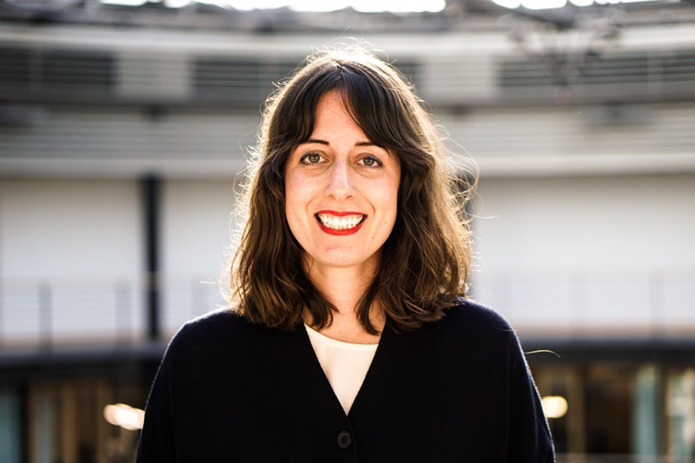 Yasmin Djabarian
Yasmin Djabarian


